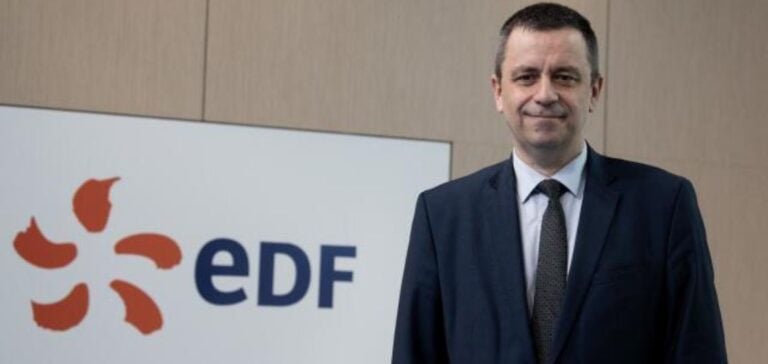The French nuclear sector is experiencing a strategic revival, symbolized by EDF’s desire to deploy EPR reactors on an industrial scale in France and Europe. This ambition comes in response to major energy and climate challenges, requiring stable, low-carbon power generation. EDF CEO Luc Rémont recently announced a target of building “two reactors a year”, marking a significant acceleration on the current pace. This ambitious plan reflects a desire to revive the momentum of the 1970s and 80s. For the moment, the CEO refuses to have a “fixed idea” about the cost of the French nuclear program.
Industrial and financial challenges
Completion of this program will not be without its difficulties, given EDF’s long track record in project management. The Flamanville EPR, for example, is racking up delays and cost overruns. What’s more, the group has to manage a considerable debt while facing criticism over the feasibility of its new projects. The challenge is all the greater in that France is planning to deploy up to 18 EPR2 reactors, an improved version of the EPR, in addition to the UK’s Hinkley Point and Sizewell programs.
Optimization and standardization: keys to success
To overcome these obstacles, EDF is banking on the optimization and standardization of future EPR2 constructions. Joël Barre, Interministerial Delegate for the New Nuclear Power Plant, stresses the importance of simplifying construction and standardizing equipment to achieve a “series effect”. This approach aims to make future projects more competitive and avoid the mistakes of the past. The government insists on the need for EDF to control its costs and schedule.
The European and international challenge
EDF’s ambitions are not limited to France; the Group is also looking to export its EPR expertise internationally. Discussions are underway with several European countries, reflecting renewed interest in nuclear power in the context of energy transition and the quest for energy independence, particularly from Russia. This nuclear revival nevertheless faces major challenges, such as recruiting and training a new generation of skilled workers.
The future of nuclear power in France, and more widely in Europe, depends on EDF’s ability to turn its ambitions into tangible realities. The feasibility of the EPR program is still in question, particularly in terms of cost/time competitiveness. The challenge of building new reactors is part of a wider context of maintaining and dismantling existing facilities, underlining the complexity of the nuclear revival envisaged by France.






















